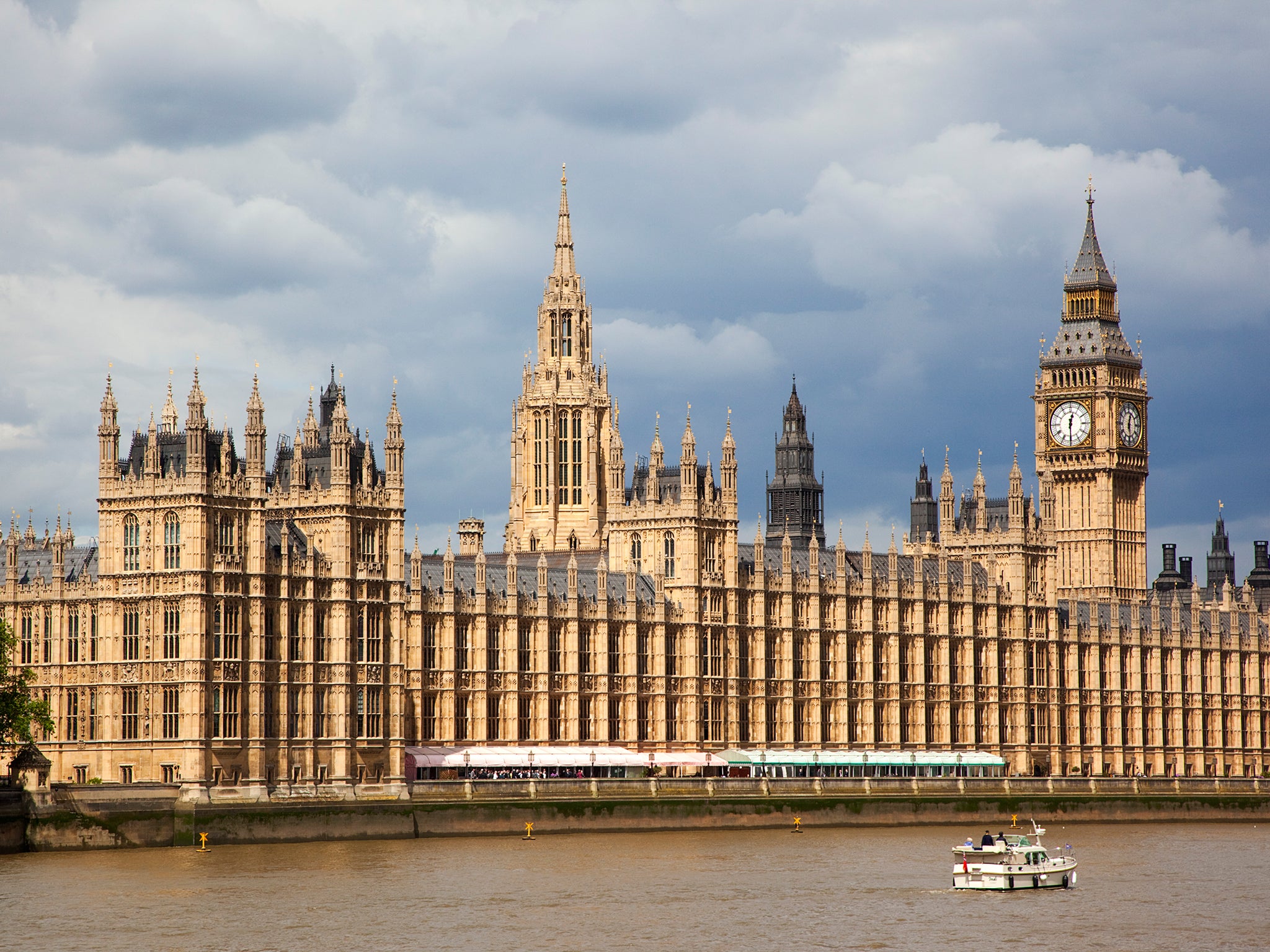There's now strong support for changing the voting system to proportional representation, new polling finds
Voters are now tired of FPTP only four years after they voted to retain it at a referendum

A large majority of the public support the principle of proportional representation in parliament – that the number of seats given to parties should reflect the number of votes cast.
New polling seen by the Independent shows that voters are increasingly unhappy with Britain’s First Past the Post (FPTP) electoral system, with a majority also in favour of changing it.
Under FPTP the number of seats each party gets can vary wildly compared to the votes cast because large numbers of votes end up being discarded and not counting towards the result.
The most high-profile example of this effect in the previous parliament was Ukip, who took 12.6 per cent of the national vote – but only won one of 650 seats (0.15 per cent).
By contrast, the Scottish National Party won 4.7 per cent of the national vote but won 56 MPs.
The disparity led to the Electoral Reform Society branding the 2015 general election “the most disproportionate result in British history”.
Months after the election result, a new survey by pollsters BMG has found that 57 per cent of the public agree with the principle that “the number of seats a party gets should broadly reflect its proportion of the total votes cast” – compared to only 9 per cent who disagree.
The scientifically weighted poll found a similarly large majority in favour of changing the current voting system. 51 per cent of the population said they were “unhappy with the current electoral system and want it to change” compared to only 28 per cent who want to keep FPTP.
In 2011 the Government held a referendum on whether to replace the current First Past the Post system with another system called Alternative Vote.
Alternative Vote was not a proportional system, however, and failed to inspire any enthusiasm. The bid was defeated and the existing system retained.
The rise of smaller parties like Ukip and the Greens – but their inability to gain decent representation in parliament despite surging support – could also be behind apparently increased dissatisfaction with the current electoral system, despite its retention at referendum four years ago.
The findings come as Labour MP Jonathan Reynolds introduces a new draft law to make the voting system more proportional.
Mr Reynolds’ Representation of the People (Proportional Representation) Bill would change the electoral system used at Westminster to the one used in the Scottish Parliament, Welsh Assembly, and London Assembly.
This electoral system, called Additional Member System (AMS), retains some aspects of FPTP – that every voter has a local MP – but also makes the result proportional overall by adding MPs to represent the various regions of the UK.
Mr Reynolds, who is introducing his bill on Wednesday and is a long standing supporter of proportional representation, said the current system was not entirely democratic.
Though Mr Reynolds' law is unlikely to get the backing of the Government, and thus unlikely to pass, it will be the first opportunity MPs have had to vote on proportional representation since the last election.
“First Past the Post as a system for electing MP’s is simply unfair and no longer fit for purpose. It has led to a narrow and unrepresentative politics, which in turn has turned people off from voting and politics as a whole,” he said.
“The last general election saw massive discrepancies in the number of seats a party got compared to their share of the vote. Not only is this hugely undemocratic, but the fact that we have reached 2015 yet still many people are unlikely to ever be represented by an MP from the party they vote for is shameful.
“The Additional Member System is already used in Scotland and Wales and we use a form of PR for European Parliament elections, so PR is not an alien concept to British voters. My Bill, which has cross-party support from Lib Dems, Greens and others, seeks to address the current imbalance and bring a greater semblance of fairness to our democracy.”
Katie Ghose, Chief Executive of the Electoral Reform Society, said the findings showed that voters were not happy with the current arrangements.
“These findings show that voters are still angry about the most disproportionate election result in history, with broad cross-party support for a fairer voting system. Politics has changed so much over the past few years, with more people than ever supporting a wider range of parties – yet their voices are being ignored,” she told the Independent.
“We’re not alone in saying it either - in May, nearly half a million people signed petitions calling for a proportional voting system, joined by five party leaders from across the spectrum, while a strong majority of the public back reform.
“Multi-party politics is here to stay, but our old-fashioned two-party system can’t cope with the choices of modern voters.”
Labour has historically been split on whether to support proportional representation, as the party has previously done well out of First Past the Post. The Conservatives tend to be opposed to proportional representation, although a support number of MPs have supported a change in the law.
The Liberal Democrats, Green Party, and Ukip are all long-standing supporters of more proportional electoral systems.
The SNP also supports proportional representation at Westminster despite doing disproportionately well out of the current system.
Apart from proportional systems being used in Britain's regional assemblies and parliamaments, most other developed European countries also abandoned FPTP decades ago. British MEPs in the European Parliament are also selected using a form of PR.
Subscribe to Independent Premium to bookmark this article
Want to bookmark your favourite articles and stories to read or reference later? Start your Independent Premium subscription today.

Join our commenting forum
Join thought-provoking conversations, follow other Independent readers and see their replies